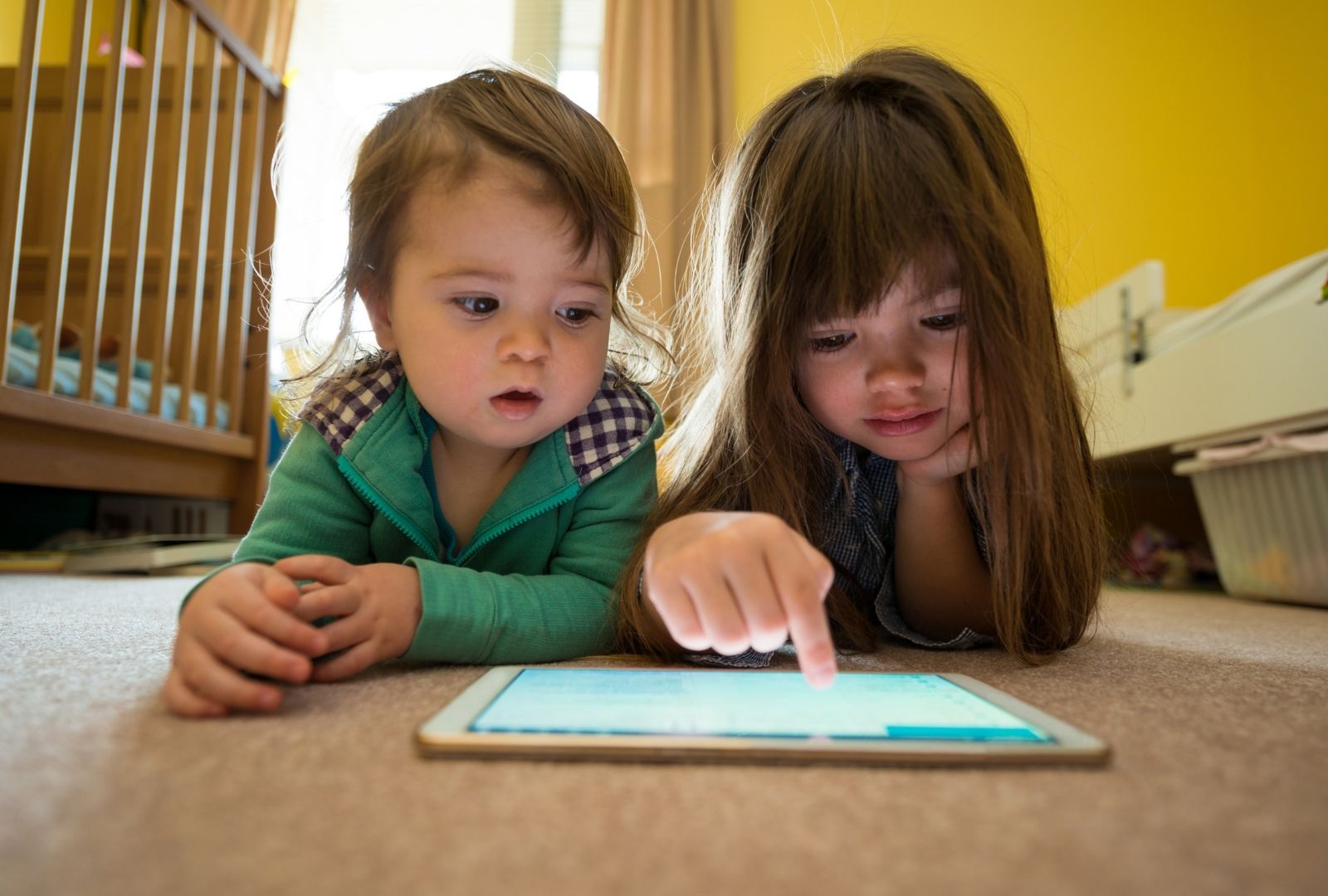Three lessons parents can use to have a more positive influence over their children’s relationship with tech in the Digital World
Is it time for a change in mindset?
The most recent generations are the first to be truly “digitally native”, and some parents – who may not be as comfortable in the digital world – struggle with navigating their children’s screen time and cyber safety, often leading to the demonisation of said technology. And now, after years of reinforcing the idea that excessive screen time and tech is inherently bad, a new complication has emerged: technology in the classroom and hybrid ways of learning.
The pandemic has shown that technology and education can go hand-in-hand and can be a good thing, whether that’s for interactive classroom activities, remote learning, staying connected with teachers and friends, and let’s face it – even some R&R. Parents should feel empowered to educate their children about the risks they face without impeding their freedom to explore what life – and indeed technology – has to offer.
In fact, now exists an argument for encouraging productive screen time due to the educational and social benefits of many online interactions. It’s hard to argue that other screen-based activities, such as video calling relatives or keeping in touch with friends, were anything but positive during the pandemic, when our screens became our conduit to so much of the world beyond the confines of our homes.
However, just as they would be in a real-life setting, safety measures must be in place. And with research showing 95% of Britons agree that it’s more important than ever for parents to talk to their children about how to protect themselves and their information in the digital world, it might be time for parents to go back to school and take a few important lessons for themselves.
Lesson 1: Be prepared
One thing that struck me within the research is the high proportion of those surveyed admitting they find it difficult to protect their children from online threats – a whopping 75%. In order to talk about cyber safety with children, parents need to understand what their kids are doing online. There are numerous resources available to help parents learn about the safety of certain apps, shows and websites – and what are the watch-outs to look for – from reviews to parenting forums, as well as parental controls for those connected devices.
With this knowledge, parents can better prepare their children for various online scenarios or threats they would encounter online, just as they would when allowing them to, say, walk to school alone for the first time.








